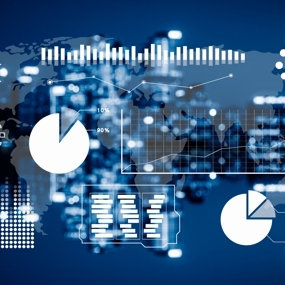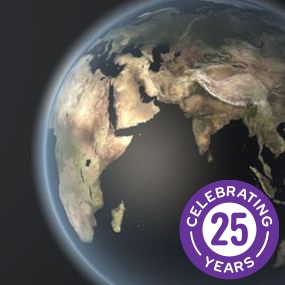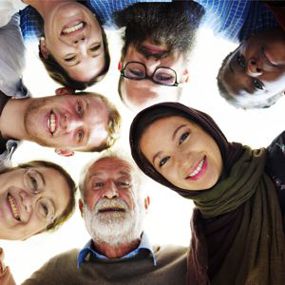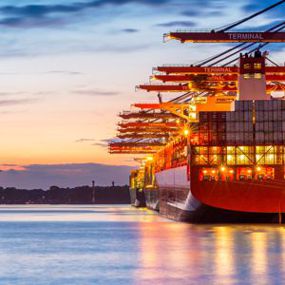Location intelligence and the
UN Sustainable Development Goals
Location intelligence and the
UN Sustainable Development Goals
Location Intelligence lies at the heart of many of the UN Sustainable Development Goals. It is invaluable for assessing issues by visualising difference and disparity, understanding need, measuring and monitoring achievement and progress. Location intelligence enhances the quality of data and provides a compelling resource to stakeholders.
UN Sustainable Development Goals
The 2030 Agenda for Sustainable Development, adopted by all United Nations member states in 2015, provides a shared blueprint for peace and prosperity for people and the planet, now and into the future. At its heart are the 17 Sustainable Development Goals (SDGs), which are an urgent call for action by all countries – developed and developing – in a global partnership. They recognise that ending poverty and other deprivations must go hand-in-hand with strategies that improve health and education, reduce inequality, and spur economic growth – all while tackling climate change and working to preserve our oceans and forests.
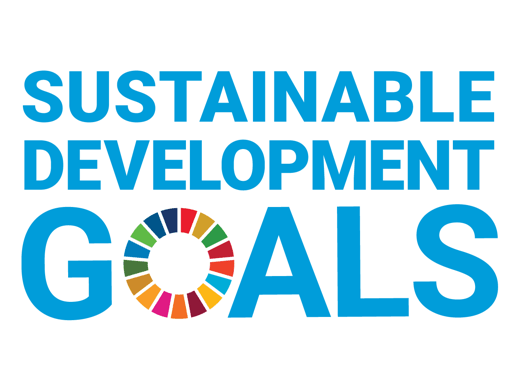
Location intelligence and the goals
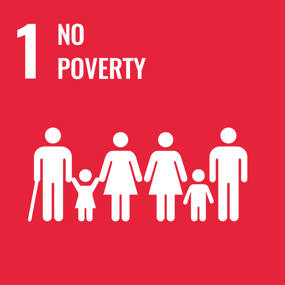
End poverty in all its forms everywhere.
The aim by 2030 is the eradication of extreme poverty, plus access to economic resources and opportunity, and the mobilisation of projects to improve resilience. One in seven live in extreme poverty and tackling the challenge requires knowledge of where.
“In this new century, millions of people in the world’s poorest countries remain imprisoned, enslaved, and in chains. They are trapped in the prison of poverty. It is time to set them free. Like slavery and apartheid, poverty is not natural. It is man-made and it can be overcome and eradicated by the actions of human beings. And overcoming poverty is not a gesture of charity. It is an act of justice. It is the protection of a fundamental human right, the right to dignity and a decent life. While poverty persists, there is no true freedom.”
– Nelson Mandela
End hunger, achieve food security and improved nutrition and promote sustainable agriculture.
The correlation of maps and data will aid knowledge of what to plant and where, yield forecasts, market demand and irrigation planning.
“The test of our progress is not whether we add more to the abundance of those who have much; it is whether we provide enough for those who have too little.”
– Franklin D. Roosevelt
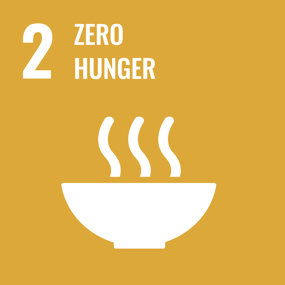
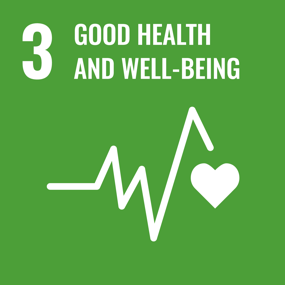
Ensure healthy lives and promote well-being for all, at all ages.
Location Intelligence is a fundamental resource in building resilience within countries with less advanced health systems and infrastructure and achieving global health equality.
“It is health that is real wealth and not pieces of gold and silver.”
– Mahatma Gandhi
Ensure inclusive and equitable quality education and promote lifelong learning opportunities for all.
Mapping can meet the challenges of education location, distance and attainability. A good education is an escape route for those born into poverty.
“Good education is a fortune a child can never spend.”
– Andrew Reed
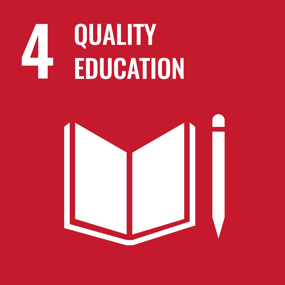
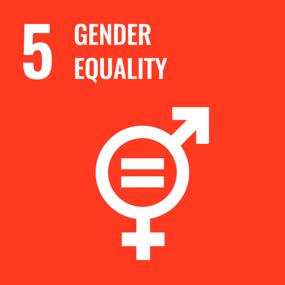
Achieve gender equality and empower all women and girls.
Progress of a society can be measured in part by gender equality – in other words, the woman’s place. Girls and women in the poorest countries get a raw deal, whether it’s politically or socially, or pertaining to health, opportunity or choice. Challenges can be met by visualising this varied data in map form for easy comprehension and more rapid action.
“Gender equality is more than a goal in itself. It is a precondition for meeting the challenge of reducing poverty, promoting sustainable development and building good governance.”
– Kofi Annan
Ensure availability and sustainable management of clean water for all.
Every minute of the day, a child dies because of poor sanitation and dirty water, and the diseases that accompany them. 2.5 billion people do not have decent sanitation facilities. In fact, more people have access to a mobile phone than they do a toilet. Location intelligence is a significant tool in wastewater and freshwater management.
“Thousands have lived without love, not one without water.”
– W.H. Auden
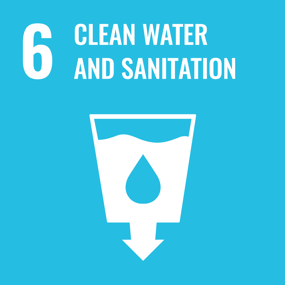
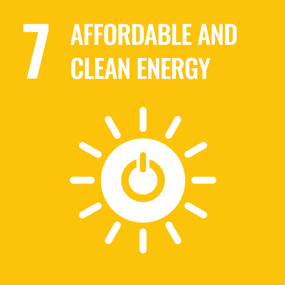
Ensure access to affordable, reliable, sustainable and modern energy for all.
Measuring access to reliable energy is a strong poverty indicator. Mapping who has access and who does not can allow for targeted development efforts as well as specific energy development strategies.
“Our universe is a sea of energy – free, clean energy. It’s all out there waiting for us to set sail upon it.”
– Robert Adams
Promote sustained, inclusive and sustainable economic growth, full and productive employment and decent work for all.
Governments need good data on their workforce. Without this data, providing information on education and skills, job creation can be misplaced. By building on key data assets, including location, governments can more accurately predict future growth. A good job and a stable source of income gives someone dignity, hope, and a way to a better life.
“Decent work is at the heart of the search for dignity of the individual, stability of the family and peace in the community.”
– Juan Somavia
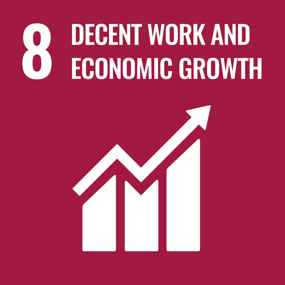
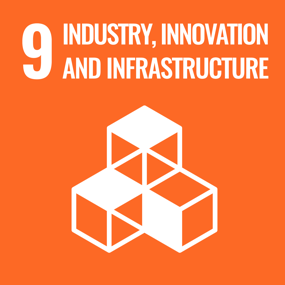
Build resilient infrastructure, promote inclusive and sustainable industrialisation and foster innovation.
With accurate population and demographic data, and a strong foundation of geographic data and location insight, a decent infrastructure is achievable. This will transform the connectivity of rural and urban lives and determine the success of manufacturing as well as agricultural industries.
The World Bank says, “Investments in water, sanitation, energy, housing, and transportation also improve lives and help to reduce poverty.” Investment in infrastructure at a simple level, such as building a footbridge between rural communities can increase new business growth by as much as 15%.
“Never before in history has innovation offered so much to so many in so short a time.”
– Bill Gates
Reduce inequality within and among countries.
The gap between the wealthy and the poor increases each year and the poorest are so often those that are left behind. By mapping communities, and by working with existing household surveys to include those that are often excluded from these efforts, we can ensure that the poorest are counted and that policies are put in place to make societies more equal.
“We hold these truths to be self-evident: that all men are created equal.”
– Thomas Jefferson
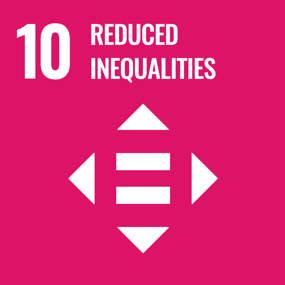
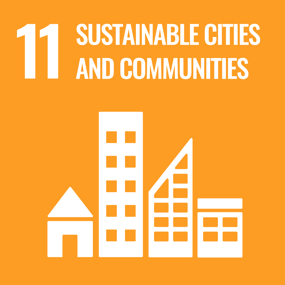
Make cities and human communities inclusive, safe, resilient and sustainable.
More than half of us now live in towns and cities, and with migration and population growth, that proportion is set to keep rising. But for the poorest people, that often means living in slums where conditions are dire. Our cities are only going to get busier—but we can make them safe, healthy, and happy places to live. By visualising such things as transportation needs, housing development, air quality and wastewater management, the role of location intelligence is vital.
“Surely we have a responsibility to leave for future generations, a planet that is healthy and habitable for all species.”
– Sir David Attenborough
Ensure sustainable production and consumption patterns.
Through mapping of population, birth and death rates and transparent data systems, we can more accurately predict our future food and water needs. This data would allow for us to leave a sustainable planet for the next generation. Consumers worldwide are increasingly concerned about environmental, economic, and social issues and want smart markets that limit waste. Data analysis of consumption patterns can help find wasteful gaps and work towards sustainable consumption.
“Nature provides a free lunch but only if we control our appetites.”
– William Ruckelshaus
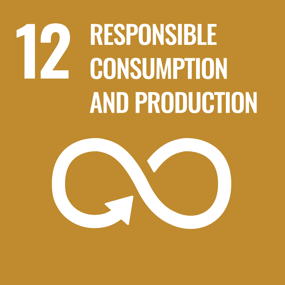
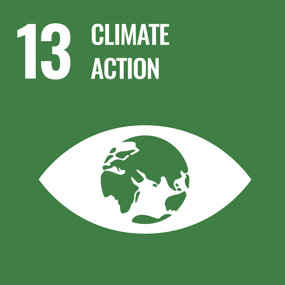
Take urgent action to combat climate change and its impacts.
Data and technology can be used to monitor and anticipate climate changes and to aid data-led decision-making. There is much more that can be done to use climate-related data to improve food resilience, increase the number of people insured against flooding, save lives by anticipating life-threatening weather events and more.
“No challenge poses a greater threat to future generations than climate change.”
– Barak Obama
Conserve and sustainably use the oceans, seas and marine resources for sustainable development.
Whether it is mapping oil spills, ocean temperatures or fishing zones, location intelligence is a driver in the collection and analysis of better data about our oceans, climate change and what we put in and take out.
“We know when we’re protecting our oceans that we’re protecting our future.”
– Bill Clinton
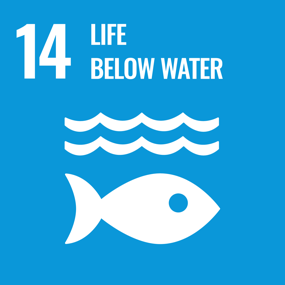
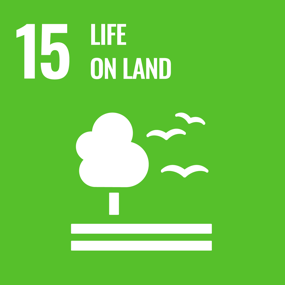
Protect, restore and promote sustainable use of terrestrial ecosystems, sustainably manage forests, combat desertification and halt and reverse land degradation and halt biodiversity loss.
We need good, accurate data on land use and impact of this usage to be able to combat the destruction of fragile ecosystems. We need to be able to understand the true cost of human actions and use this data to reverse the effects of overuse of land. Mountains and coasts are also under threat because land there is being exploited—causing droughts and floods which in turn lead to food and water shortages.
“A nation that destroys its soils destroys itself. Forests are the lungs of our land, purifying the air and giving strength to our people.”
– Franklin D. Roosevelt
Promote peaceful and inclusive societies for sustainable development, provide access to justice for all and build effective, accountable and inclusive institutions at all levels.
Location intelligence facilitates government planning to ensure human rights are met, from basic levels of birth registration, through to visualisation of turbulent geographical, economic or political events.
“If you want peace, work for justice.”
– Pope Paul VI
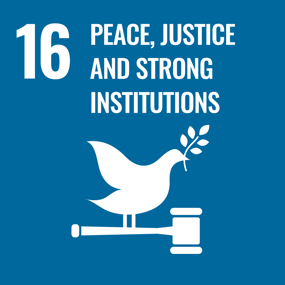
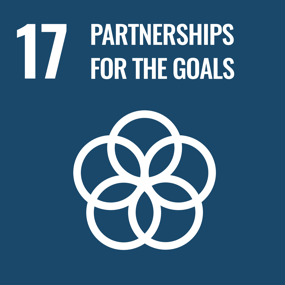
Strengthen the means of implementation and revitalise the global partnership for sustainable development.
GIS is enabling people across many organisations and geographies to create useful data that contributes to geospatial frameworks and ultimately helps to accomplish the 2030 agenda.
“Broad partnerships are the key to solving broad challenges. When governments, the United Nations, businesses, philanthropies and civil society work hand-in-hand, we can achieve great things.”
– Ban-Ki Moon
Our Solutions
Location Insight
Location Insight offers a powerful yet intuitive means of visualising and analysing spatial data. Designed to provide a simple way to understand sophisticated spatial analytics, it allows organisations to better understand their customers, assets and markets, in a geographic context, thereby gaining a competitive or strategic advantage. Implemented as an online service, Location Insight can be integrated into your internal systems to provide a rich, seamless experience for your users.
Global Map Data
Global map data is a cornerstone in the history of Europa Technologies. Our market-leading data products are the choice of SMEs, prestigious Fortune Global 500 companies, governments and missions of the United Nations. As a result of a long-standing integration with Google Earth and Google Maps, our global data products have been seen by over one billion people, approximately one in seven of the world’s entire population.
Political Risk Intelligence
Political Risk Intelligence provides rich, data-driven information about the dynamics of active and emerging political conflicts worldwide and any resulting security risks for both private and public sector organisations. It can help you identify, measure and visualise the development of political risks over time and affected location.
Demographics
Demographic data presents the latest population and household figures, population by age (5 x 15-year age bands) and sex, as well as the number of unemployed. If the demand for your product or service is dependent on these variables, this data will be fundamental to planning your operations. It can be used to improve customer targeting and help identify market opportunities by geographic area.
Marine Maps, Charts & Data
Gain a full understanding of nautical environments worldwide using charts & vector data sourced from leading hydrographic offices. When you need intelligent marine and coastal mapping that is fit for purpose, in the right format, accurate and up to date, we have a range of products and services to help you.
How can we help you?
Ask an expert…
If you would like to speak to us about how location intelligence can support the UN Sustainable Development Goals, please contact a member of our team who will be happy to help you.


